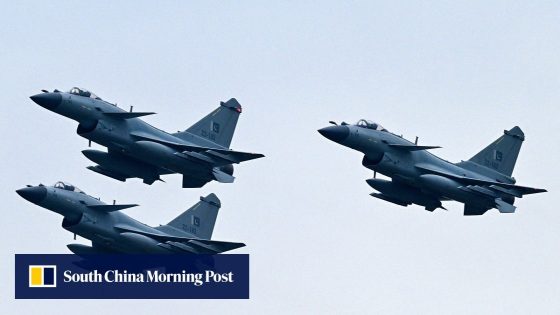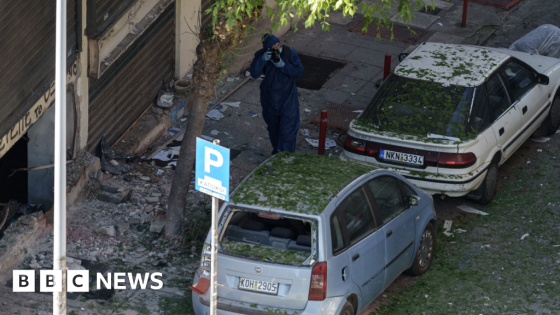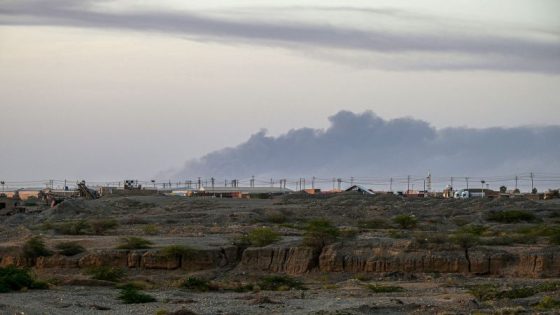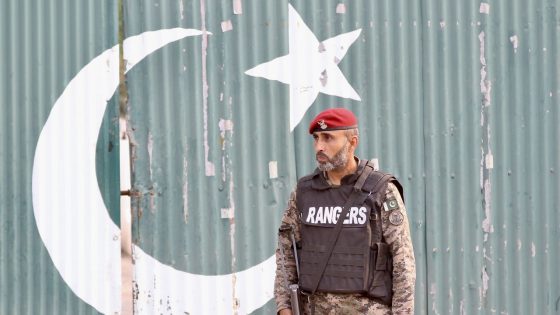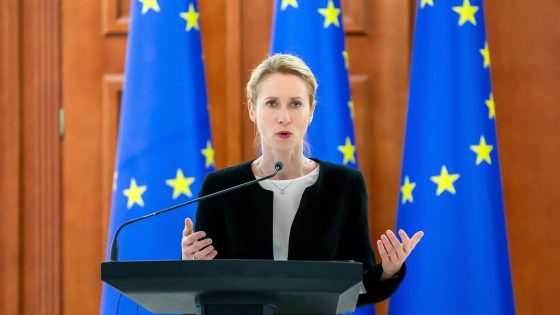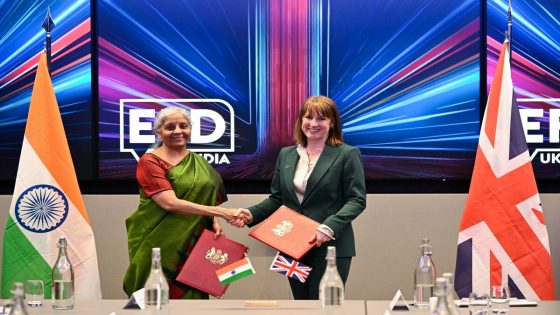Pakistan has claimed it used Chinese-made J-10C fighter jets against India’s air force during a brief military encounter on May 8, 2025. This incident marks a significant escalation in the ongoing tensions between the two nuclear-armed neighbors, particularly over the disputed Kashmir region.
- Pakistan claims use of J-10C jets
- Five Indian aircraft reportedly shot down
- India has not yet responded officially
- Ishaq Dar confirms J-10C involvement
- First potential air-to-air kill for J-10C
- Rafale aircraft's first combat loss reported
Pakistani Prime Minister Shehbaz Sharif and military officials announced that five Indian aircraft were shot down, including three Rafale jets. The use of J-10C jets is notable, as it could represent the first air-to-air kill for this model in live combat.
This development raises critical questions about the future of air combat in South Asia. Could this incident lead to a more significant military confrontation? The implications for regional security are profound, as both nations possess nuclear capabilities. Key points to consider include:
- The potential for increased military expenditures in both countries.
- The impact on international relations, particularly with China and France.
- The risk of miscalculation leading to a broader conflict.
As tensions rise, the international community must closely monitor the situation and encourage dialogue to ensure stability in the region.



